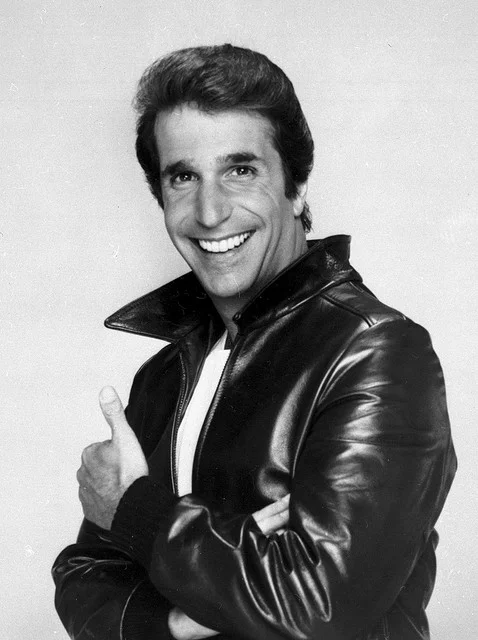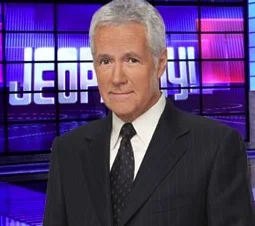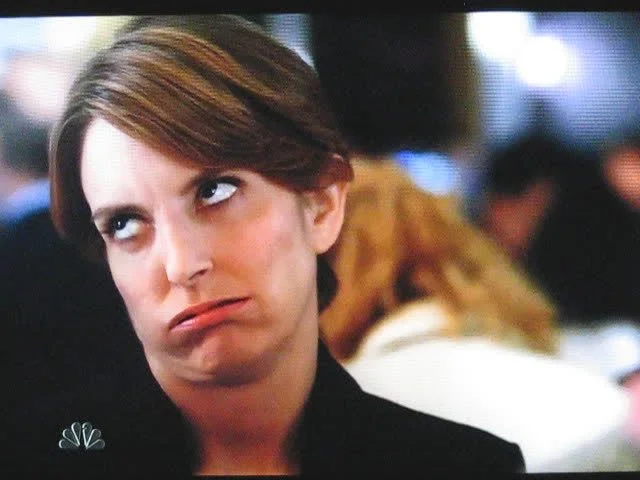Nail your next TV interview: Part 2
/In the previous post, we walked you through what you need to do before your TV interview takes place...things like how to craft a story for TV, how to practice effectively, what to wear, where to look, how to deal with a TV crew ambush and more.
So...you've done your prep work. Your story is nailed down. You've carved out some time to practice (hopefully on camera). Now, it's show time.
While a skilled TV spokesperson might make it look effortless, trust me, there's a lot going on behind the scenes and between the lines. With that in mind, here are some proven tips for staying on track once the camera starts rolling:
Part 2: How to handle yourself during a TV interview
Relax: It's natural to feel a bit nervous (okay, freaked out) when you first see the giant TV camera, the bright light starts shining with the intensity of a thousand suns and the reporter shoves the microphone in your face. But anxiety doesn't make for good TV. So it's important for you to chill out to the extent that you can. While different techniques will appeal to different people, here are some tips to help you keep an even keel while you're being interviewed:
- Breathe - Take some nice, deep breaths before your interview begins and remember to breathe normally throughout the exchange.
- Visualize 'cool' - Early in my career, when I was gearing up for a big media interview or getting ready to go on stage before an intimidating audience, as soon as I felt the tiniest bit of anxiety or self-doubt creeping up on me, I would find a spot somewhere backstage or in the hallway, close my eyes and ask myself, "What would Fonzie do?" Seriously. I realize I'm dating myself with this reference, but I defy you to name a pop culture figure cooler than Arthur Fonzarelli. Whether he was jumping his motorcycle over 14 garbage cans, fighting Tom Hanks or jumping a shark on water skis, the Fonz was unflappable. Visualize coolness. See yourself nailing the interview (or jumping the garbage cans) in your mind. Focus. Get in the zone. Your heart rate will go down and your confidence level will rise.
- Know your story - A big part of being relaxed when the reporter starts asking questions is having confidence in your content. You only need three to five main points, as well as some bridging phrases in case the journalist tries to get you off topic. Perfect your story. Practice it. Make it your own. It's easier to relax when you're not trying to make up stuff on the fly.
- Practice - I know I've mentioned this a number of times. But along with knowing your story, practicing your delivery is one of the best ways to increase your confidence and set the stage for a relaxed interview.
- Have some water - Dry-mouth is an interview killer. And it happens to some people when they're nervous. It makes your answers sound weird. Which makes you more nervous. Which makes your answers sound even more weird. Bring a bottle of water with you and have a drink before the interview starts. Whatever you do, try to avoid stepping out of the frame to make a desperate, Marco Rubio-like lunge for your mini water bottle.
Make each answer an island: This is a simple technique that many newbies get wrong. Unless you're sitting down for a 30-minute feature interview that isn't going to be edited (which, I'm guessing you're not), provide every answer as a one-off. Avoid starting a response with, "Well, as I said earlier..." or "To follow up on what I said a few minutes ago...". When you're doing that, you're treating the interview like a conversation and potentially sabotaging your best responses. Let's say the reporter is in the editing suite putting the story together later that day. They want to use one of your quotes, but it starts with one of these phrases (e.g. "As I said earlier"). You've just made it more difficult for them to use your quote. Either they'll have to do some extra editing work or your answer will get left on the cutting room floor in favour of something else. Anything that decreases the odds that they'll use your answer is bad. So treat each answer as a standalone piece of content.
Don't use the reporter's name in your responses: Similar to the point above, some people think it sounds professional or savvy to use the reporter's name. "Well, Susan, let me tell you why we've decided to acquire this company...". The problem is that your story might be introduced by an anchor or journalist who isn't Susan later on. Then, the folks in the editing suite have the same problem and your quote has less of a chance of making it to air.
Speak for 10-15 seconds: Quotes that end up being chosen for TV stories have something in common. They're short. Air time is valuable and attention spans are short. When you're crafting your messages, ensure that each of them can be spoken in 15 seconds or less. It takes time to hone your story to this degree, but it's a worthwhile investment if your quote gets chosen over your competitor's.
Think for three seconds: This isn't Jeopardy. There are no rewards for answering quickly. Consider the question. Consider the question behind the question. Navigate to your message that most closely answers it. With some practice, you can do all of that in three seconds or less. The pause will feel longer to you than it will to the reporter. And the viewer will never see the pause, as your quote is the piece that will make it into the story. For TV interviews that are being broadcast live to air or panel interviews, you'll want to answer more quickly, since viewers will be seeing the exchange uncut and your pauses will come off looking odd.
Plant your feet: Don't rock from side to side. Or sidle out of the frame. Find your ideal spot and stand firm until the interview is done.
Watch the nodding: When they're listening to a question, people often nod their heads as a way of showing they're paying attention. In a TV interview, if the question relates to objectionable content, that nodding head of yours might appear to be agreeing to something awful when you're really just trying to tell the reporter, "Yes, I'm hearing you...". Imagine this scene:
Reporter: "We've seen a number of food contamination situations in the past several years..."
You: (nodding)
Reporter: "People have become sick. People have died."
You: (nodding)
Reporter: "It's likely that more people are going to die in the months and years ahead and it's possible that some of those products could be from your company."
You: (nodding and, unbeknownst to you, agreeing to this speculative statement)
Pace yourself: When some people get nervous, they speak quickly. This doesn't make for great TV. Remind yourself to speak at a normal pace.
Don't grab the microphone: The reporter may have a hand-held microphone that they'll extend to you when they want you to answer. Don't grab it. This isn't Karaoke Night at the local pub, Kanye at the Grammy's or your cousin Frankie's wedding. The reporter knows how to hold a mic. And not having to hold it gives you one less thing you need to worry about.
Remember the mic is always on: Whether it's a hand-held microphone, camera-mounted mic or a lavalier mic (the kind they attach to your collar), assume the thing is on and recording you before, during and after the interview. Even if the camera is off, the audio from the mic is going somewhere and probably being taped. Conduct yourself accordingly and avoid a situation like this one.
Repeat yourself: In a conversation, it would be strange if you said the same thing more than once. In an interview, however, it's totally fine. Especially since they're probably only going to use one or two quotes in total. The more you reinforce your strongest messages, the better the chances they'll be used. So don't feel awkward saying the same thing more than once.
Stick to the game plan: That little red light does something to some people. Despite their messaging work and practice, when the interview starts, they go rogue and start winging it. Be sure to stick to the game plan. You'll have a much higher probability of getting your desired results than if you start making up stuff on the fly or letting the reporter lead the interview wherever they want.
Avoid the 'interview's over eye-roll': It's uncanny how many people tend to do a self-deprecating eye-roll when the interview is over. To some extent, it's human nature. It's their way of demonstrating a bit of dissatisfaction with some of their answers or relief that the experience is over. The problem is that if your last answer is your best answer, that eye-roll might make it unusable. Once the journalist has given you the indication that the interview is over, stay steady and hold your expression (pleasant and focused) for two to three seconds and you'll give the editing folks all the tape they need to use that last quote.
Hopefully this gives you a solid foundation for your next TV interview. If you have any other tips to share, please feel free to post them in the comments section. And just in case you thought your work was done, in Part 3, we'll look at what you need to do after the interview is over to help ensure a successful media interview experience.





